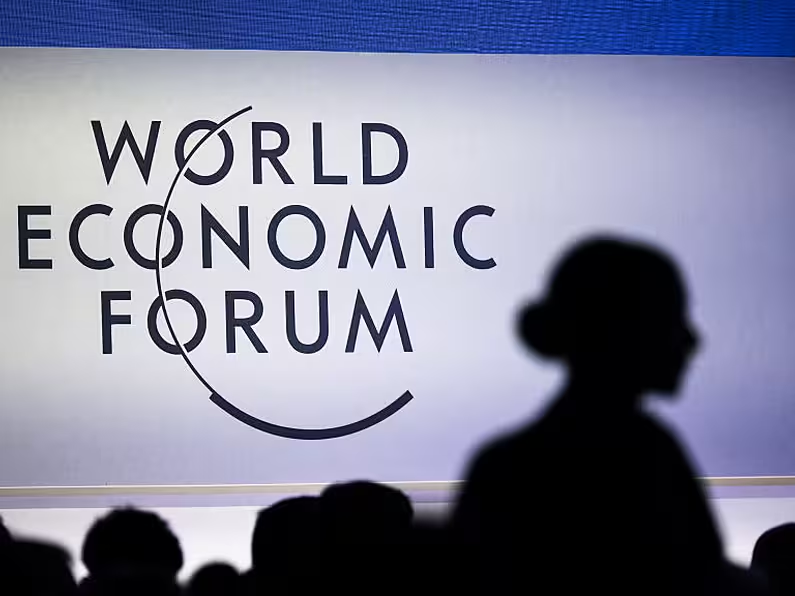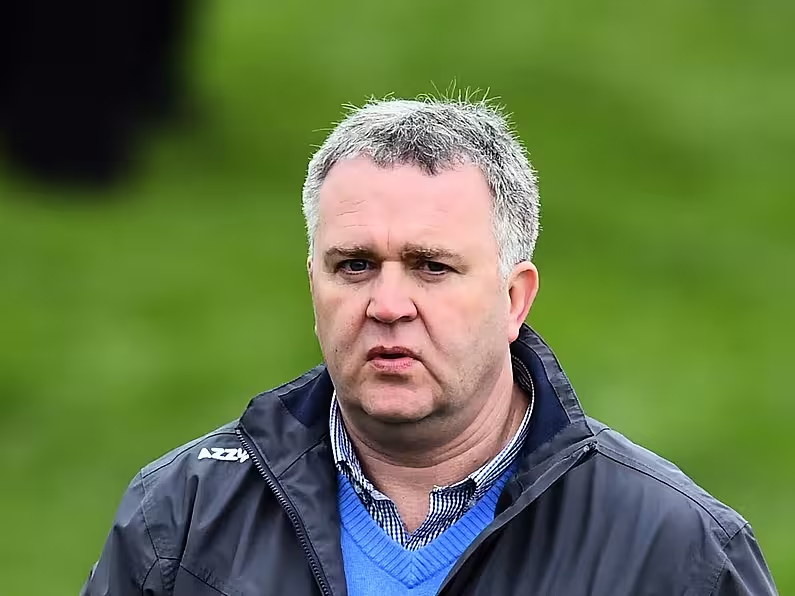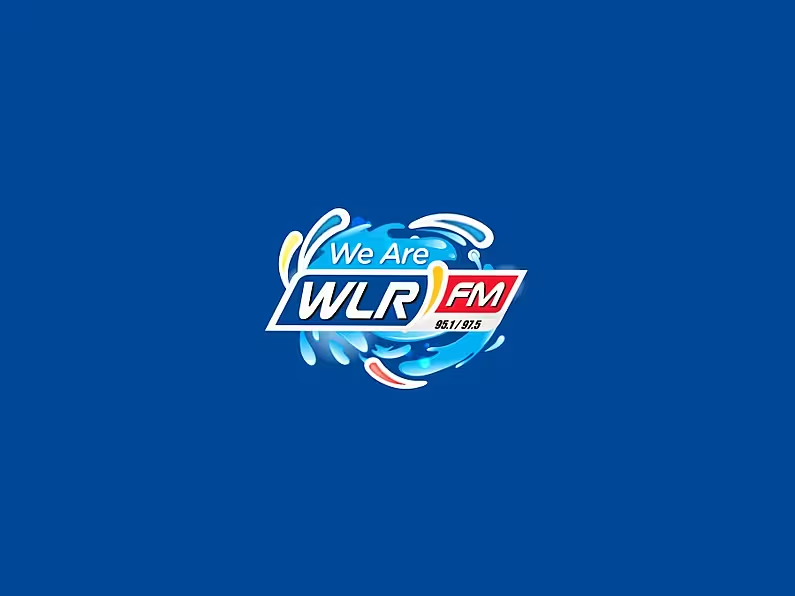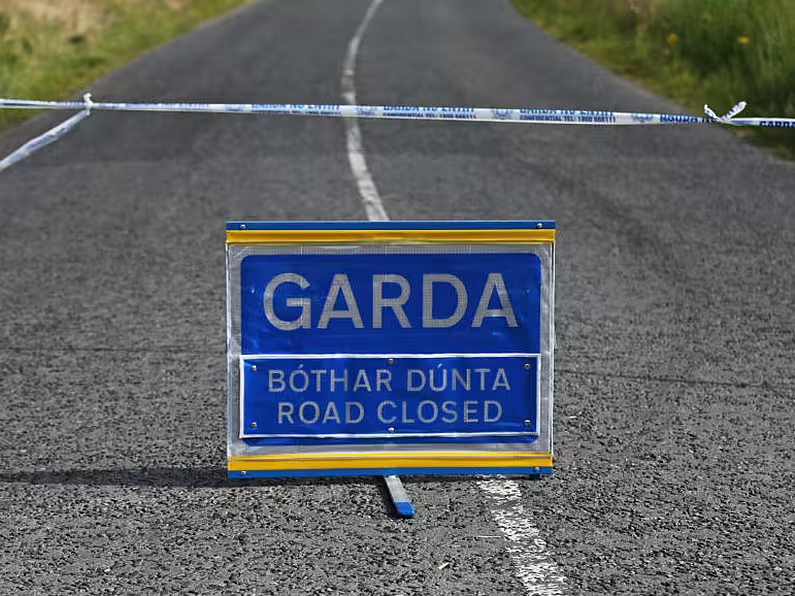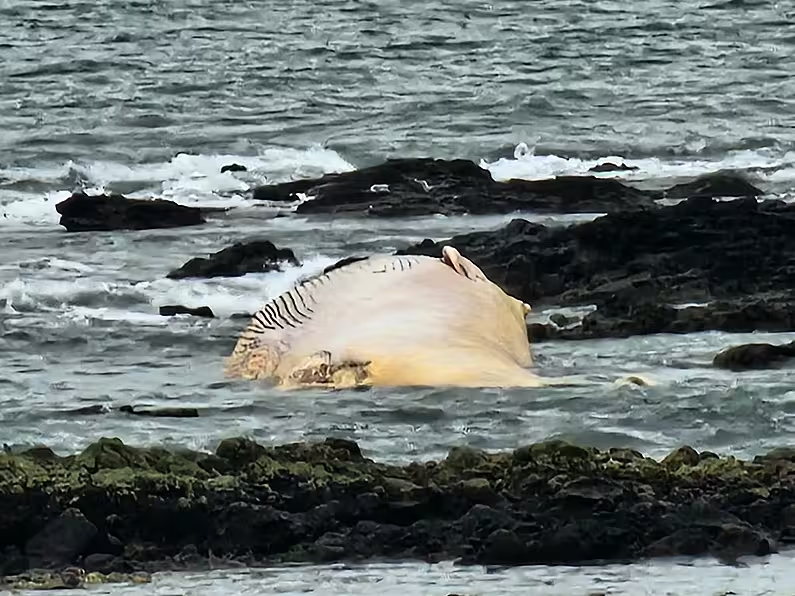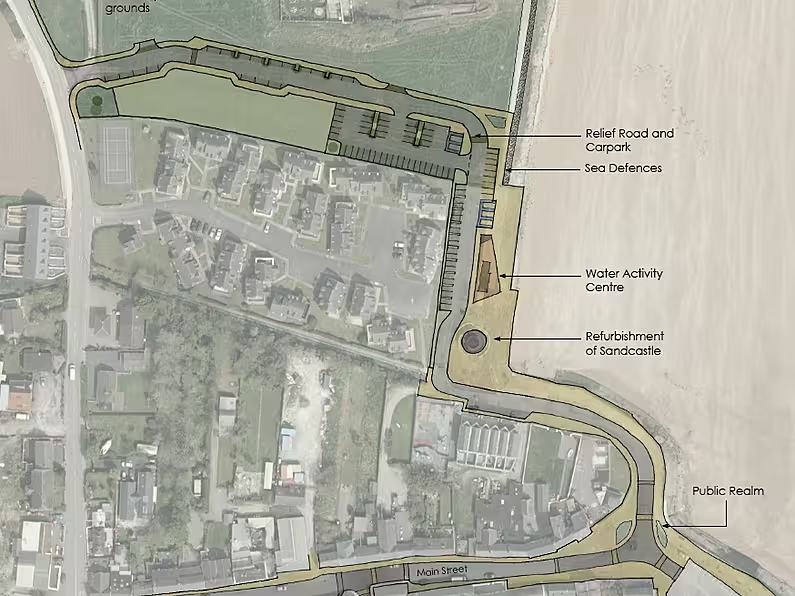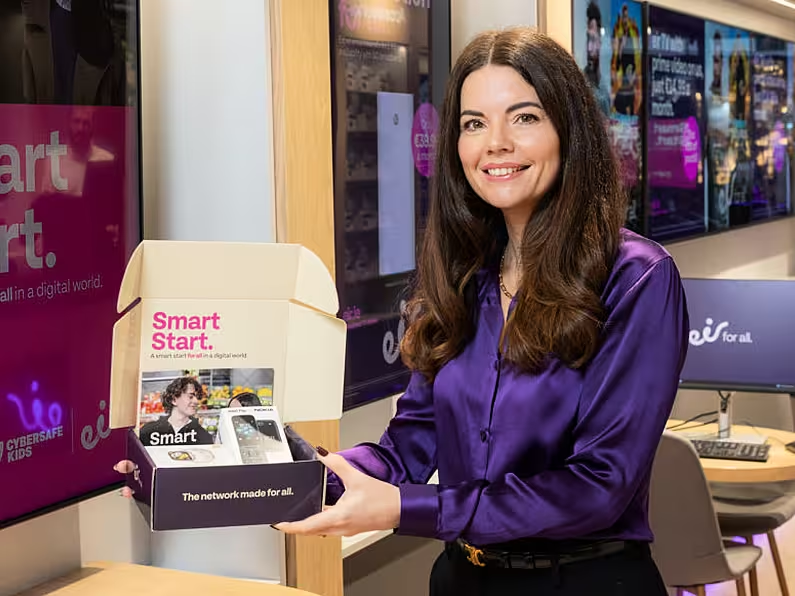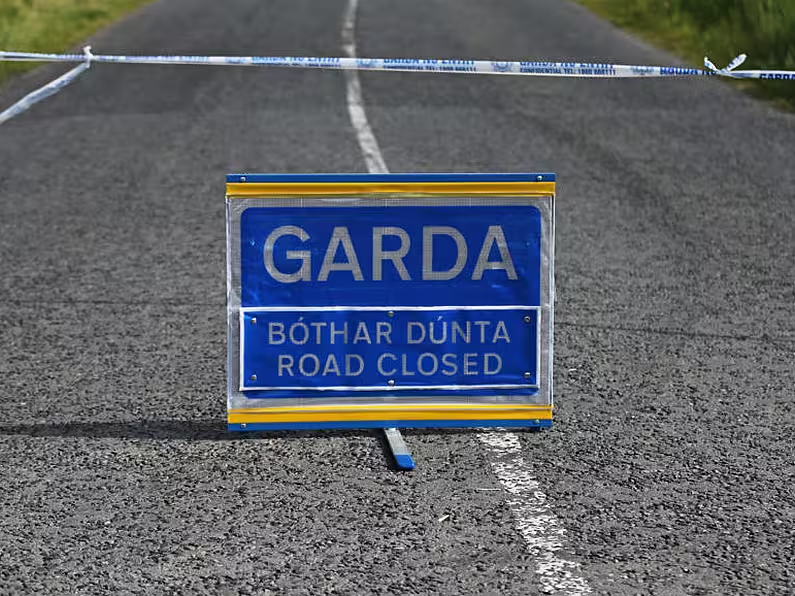When we applaud the achievements of the Dublin Men’s Football team, winning six Senior All-Ireland titles in a row, do we acknowledge it was a feat that had already been achieved by the Cork Ladies Football squad in 2016?
Or when we marvel at Henry Shefflin’s 10 inter-county All-Ireland medals, do we remember that Rena Buckley has 18 of them to polish?
Over the last two years, this has been the aim of the award-winning 20x20 campaign: to get people to realise there is a bias in Irish sport, conscious or unconscious, that needs to be addressed.
"What we really envisaged was societal change," says Sarah Colgan, founder of the 20x20 campaign. "What we wanted to do was to change the culture and change how culturally we view women in sport."
The mother of three and CEO of creative agency, Along Came A Spider set to work with the 20x20 team, forming a plan to benefit Irish girls and women in sport both now and in the future.
The aim of the campaign was clear: to increase attendance, participation and coverage of women’s sport by 20 per cent by the end of 2020.
This was not going to be a women’s campaign, however; it would require an effort by the State’s entire sporting population, because if sport is good, then more is better, says Sarah.
"This was not about giving a dig out to the girls; this was about the realisation that there is major success happening in terms of what our female athletes are achieving nationally and internationally.
"As a country who love sports, we are missing out on a huge amount of extra sport."
Show your stripes
A call to action was issued - to all Irish people, men and women, young and old, sporty or not: ‘Show your stripes’ for women in sport.
The initiative spread across social media, with people pledging to support women’s sport in whatever way they could, be it by attending matches, offering their time as coaches or administrators, or participating in more sports themselves.
And these pledges weren’t just talk; the promises were kept.
In the campaign’s first year, six national attendance records for women’s sporting events were broken in Ireland, and #20x20 was the second most-used hashtag on Twitter in Ireland for social issues. The conversation had begun. But it wasn’t over.
Making sure 20x20’s message of equality lingered long after the campaign ended required concrete commitments from people in power that they would keep women’s sport on the agenda. Thus the 20x20 Charter was born.
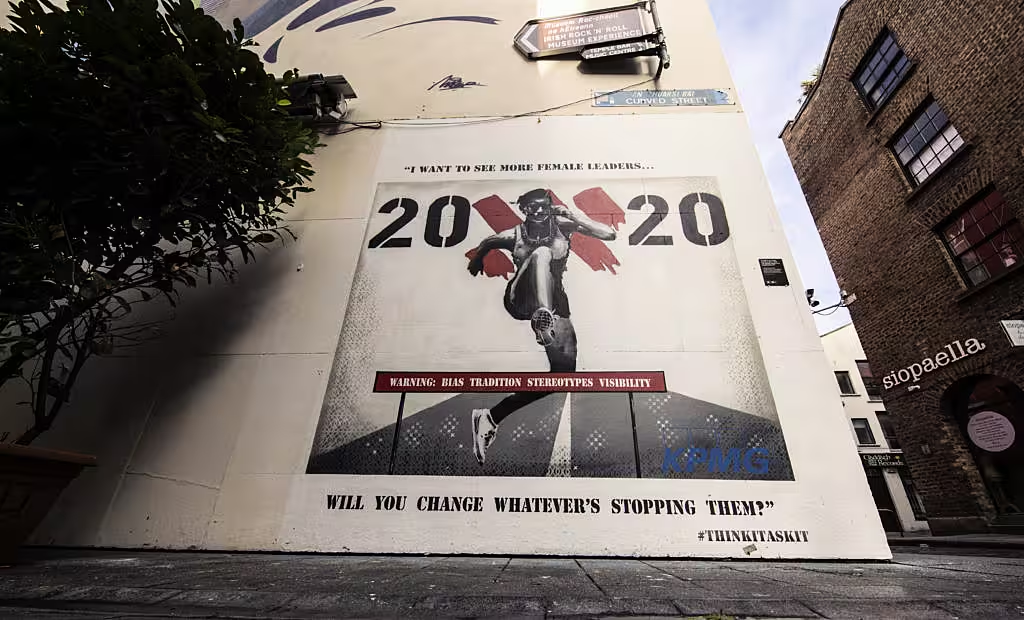
The 20x20 and KPMG mural unveiled in Temple Bar in November. Credit ©INPHO/Billy Stickland
The charter sets out the commitment of each sporting body to bring women's sport to the fore and provide equal opportunities to girls and women in line with the campaign's three pillars of coverage, participation and attendance.
By putting their name to the charter, they pledged to actively increase visibility of women's teams and athletes, increase female participation in all roles, including coaching, refereeing and volunteering, and to work to increase the number of people attending women's events.
By the end of 2020, 76 national sporting bodies had signed the charter on progressing women in sport, which Sarah says was unprecedented in any country.
A similar 20x20 Clubs Charter was also drawn up, to encourage participation at grassroots level, with 500 clubs across 24 sports in all counties signing, promising girls and women will be a key agenda item at every club meeting, while 28 out of the island’s 30 national universities signed the 20x20 Third Level Charter.
The three charters represent a key message of the campaign – these changes will not just benefit the girls and women participating in sport at the highest level, they will make a space for any girl, of any ability, to exist in sport however she chooses.
Where do we go from here?
Of course, making broad sweeping promises is not the same thing as keeping them, but these milestones are all part of playing the long game, the first step of which was making society see that something needs to change.
Ireland and the world at large is a long way away from equality in sport, and we still see examples of that all too regularly, such as the All-Ireland Senior Ladies Football semi-final between Cork and Galway back in December.
The chaos that ensued from a frozen pitch, which caused the match to be moved to Croke Park just hours before throw-in, resulting in the Galway team arriving just 15 minutes before the game was due to begin, left so many in utter disbelief.
Both sets of players were let down that weekend and the whole saga provided a reminder of the issues, both internal and external, that women's sports contend with, but Sarah insists the outrage it caused shows progress is being made.
"The amount of fuss that it kicked up and the amount of attention and support [it received] is actually really encouraging because by recognising when there is a situation that’s not fair and saying it’s not going to be stood for is the only way we are going to get progress.
"I think things are really changing. We are not at 50/50 yet and that’s the ultimate goal, but for this generation, there is much less of that inequality. How they are viewed by their peers has changed."
Following the campaign’s work, research conducted by Behaviours & Attitudes found that 80 per cent of Irish adults are now more aware of women’s sport compared to two years ago, while three quarters felt women’s sport were perceived as cooler.
By the time this younger generation are in power and making decisions, that’s when we have an opportunity for 50/50.
Of those specifically aware of 20x20’s work, 73 per cent of adults overall, or 75 per cent of men, said the campaign positively changed their mindset towards girls and women in sport, with 68 per cent saying they now support women’s sport more because of 20x20.
As the campaign has now wrapped up, and we can look back at the strides made for women’s sport in Ireland in the past two years, we can see why it is so important that we don’t stop now, making sure these accomplishments become the benchmark for the next generation to surpass, as Sarah explains.
“It’s so important that we protect that for the younger kids that are coming through, that don’t see gender the way older generations see it, and the structures and pathways and opportunities to have equality remain there for them, so by the time this younger generation are in power and making decisions, that’s when we have an opportunity for 50/50."





